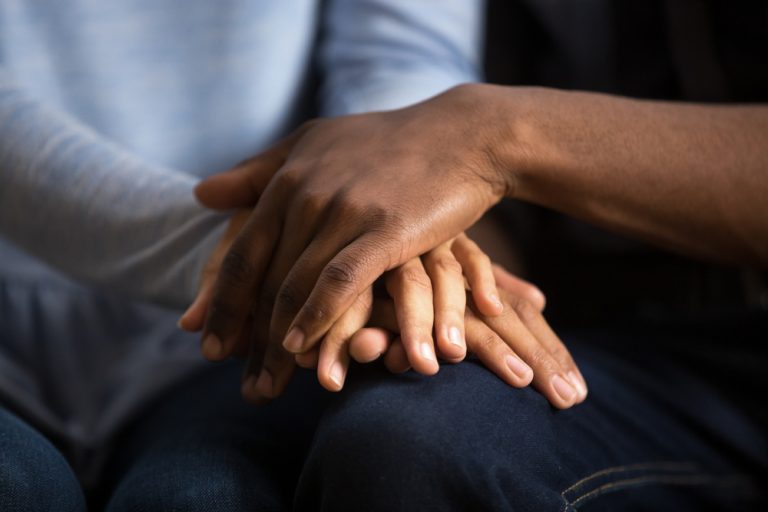That is also a different ball of wax entirely, one that we have written about here. Then we make space for other people to hurt and heal—not just now, but into the foreseeable future. If we are honest and sincere about our amends, then we will not repeat those mistakes, and we will not rush people to forgiveness. We will honor the emotional consequences that stem from our behaviors, and seek to become healthier so as not to repeat them. The spiritual purpose of making amends is to find inner peace, freedom, release, and rebirth. While this step involves a direct exchange with another person, its goal has everything to do with healing and addiction recovery on the part of the person making the amends.

Health Risks To Veterans From PFAS
Those in recovery are encouraged to make direct amends whenever possible. For example, if you neglected or mistreated your children while you were using alcohol, a simple apology may not repair the damage. Instead, you may need to engage in a dialogue with them over time. This may involve attending family therapy or individual therapy. You will need to demonstrate that you are committed to rebuilding trust and repairing your relationship with them. When the person you owe reparations to has died, you can still make living amends by changing things about you and how you live your life.
Be generous with your time.
- While making amends is apologizing, living amends means living a completely new, sober lifestyle, and being committed to that lifestyle for both yourself and those you’ve harmed in the past.
- Avoid general statements like, “I’m sorry for everything I’ve done.” Be specific with your apology and include concrete plans to restore the relationship.
- On the opposite side of the street are those individuals who simply say, “All of my amends would hurt people.
- Surrounded by mountain views, Mountain Springs Recovery offers a variety of treatment approaches and plans tailored to the individual.
Unfortunately, this scenario plays out much too often in the lives of people who didn’t get a chance to correct their mistakes and past behaviors in time. Whether or not you’re intimately familiar with the Twelve Steps of AA, you’ve probably heard of Step Nine. Making Amends with Others has positioned itself in the public eye to a degree that many of the other eleven steps haven’t.
CrowdStrike backlash over $10 apology voucher

And we also know part of that need is to make sure there are more available units of affordable housing out there for them to move into. So we knew the first step http://fc-sochi.com/showthread-t_1367.html was getting people off the streets and into transitional housing. Amends aren’t about changing what happened so much as improving the future’s possibilities.
Get help for recovery and the 12-Step Program

It is not a time to make excuses for our behavior instead, it’s an open door for the wronged person to express themselves. They get the opportunity http://www.bibliograf.ru/materials/news/2678/ to express how my actions affected them. Many people find that the support they receive from AA meetings helps them prepare to make amends.
Direct Amends
- Another example is a substance or alcohol-addicted adult child who regularly steals money, jewelry, and other valuable items from their elderly parent’s home.
- This person should have already worked on step nine, so they understand what it takes and can help guide you through it.
- Making amends, however, can help repair strained relationships while also reinforcing recovery.
I don’t call him to see how his meeting went this week or what step he’s on. Nor do I play the peacemaker between him and our Mother. If he specifically asks for my opinion, which he doesn’t, I will give it. I cannot go back and change the past, but I can take responsibility for my actions. Each day I ask my Higher Power for the strength to help me stay sober and live responsibly and with honesty.


They miss the opportunity to be truly reflective about how your wrongdoings have impacted the other person and can be misread. The other person may hear the same statement as exasperation with them or a minimizing of the ways you’ve hurt them. Instead, try to reference specific times when you hurt the other person and/or let them down.
…everything was catered towards my life.
Maybe they are guarding their heart because they are afraid we might relapse or say something hurtful. In early recovery, parents might feel pressured to make up for lost time and experiences. We’ve had a spiritual awakening, and we suddenly want to fit as much as possible http://bookorbita.com/library/religiya/krivelev_iosif/kniga_o_biblii_2.html into each day—and we want to quickly repair all the harm we caused during active addiction. After years of being bossy and overbearing, my basic apologies meant little. They don’t always see my hands off approach as sincere kindness, but my motives are pure.
